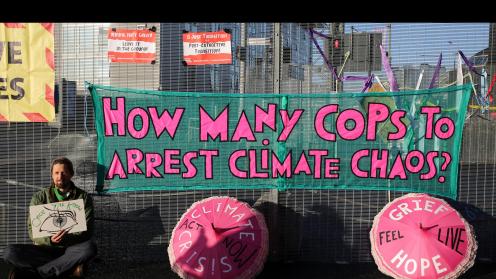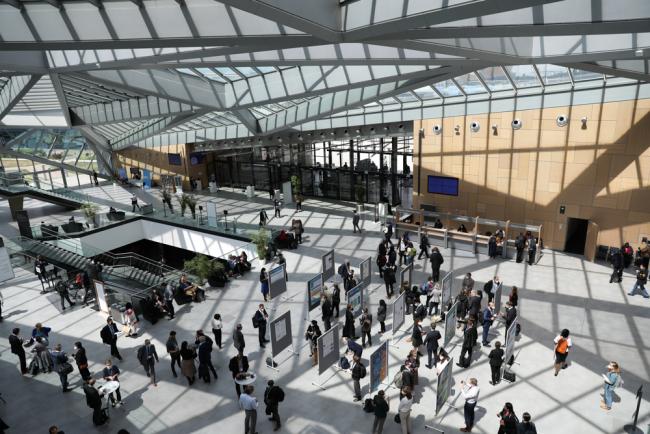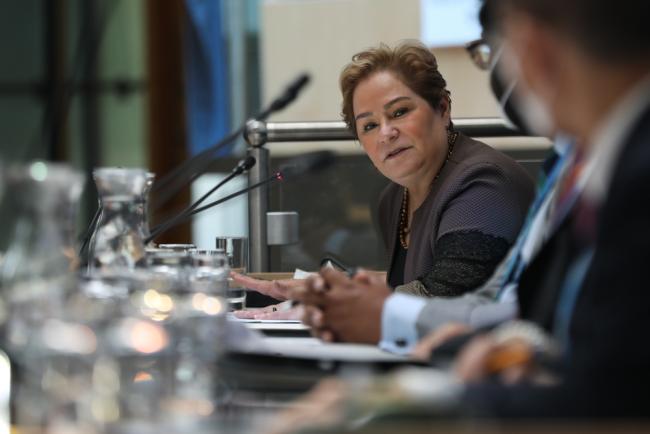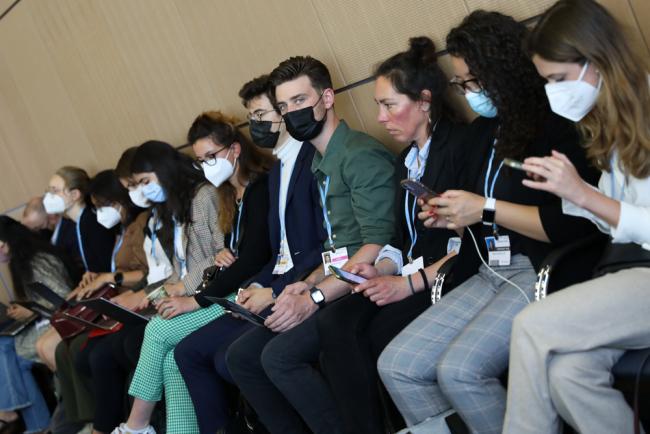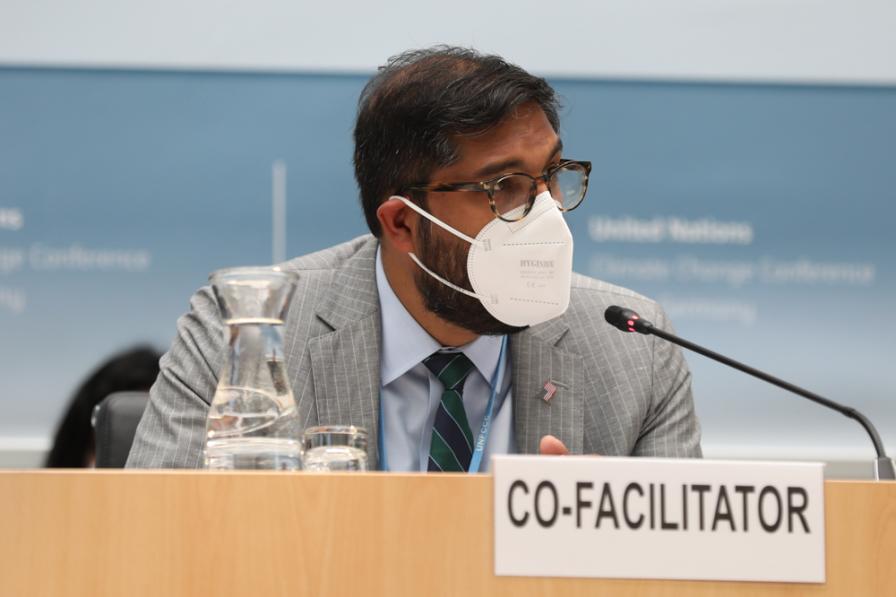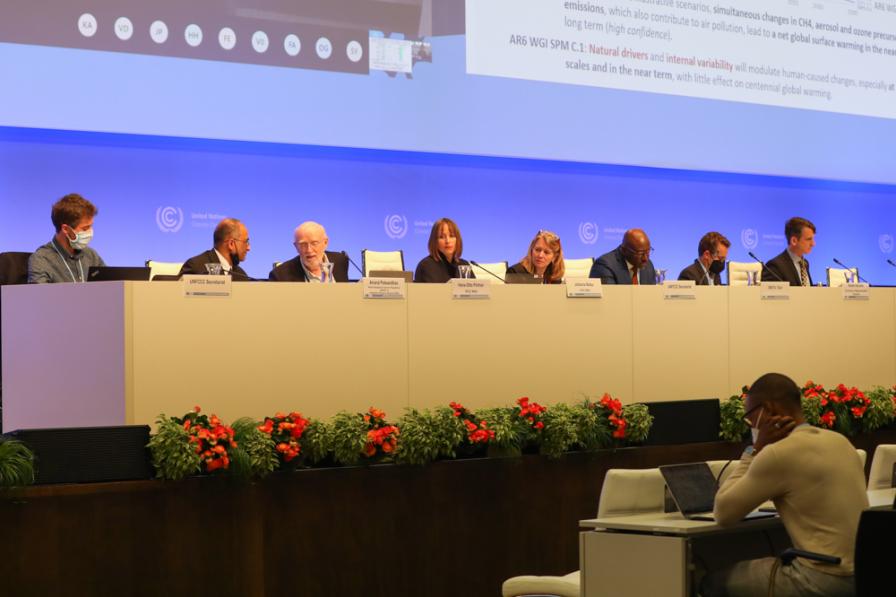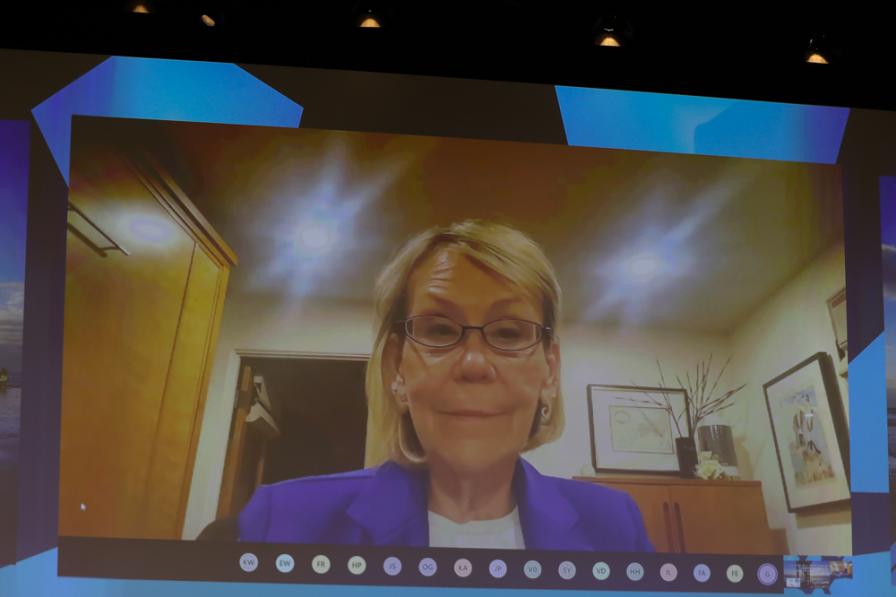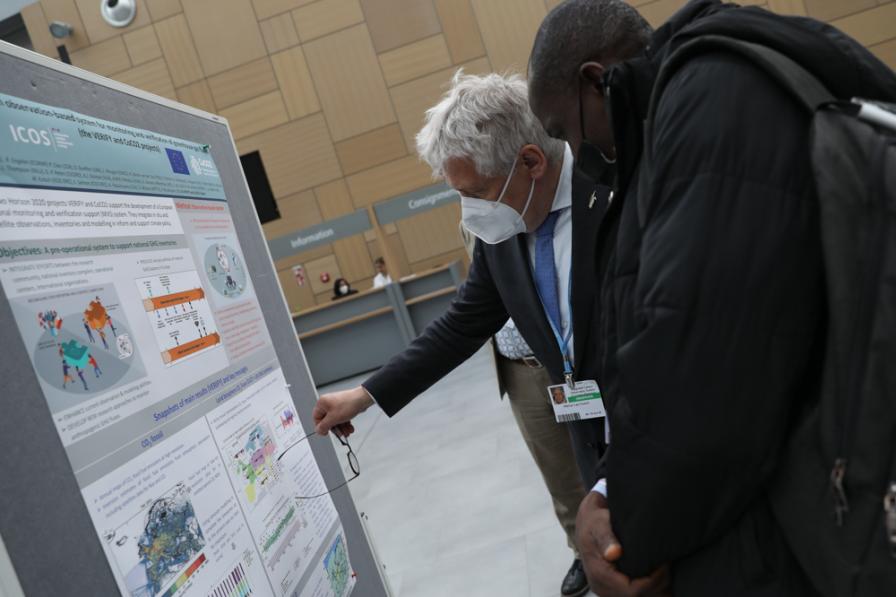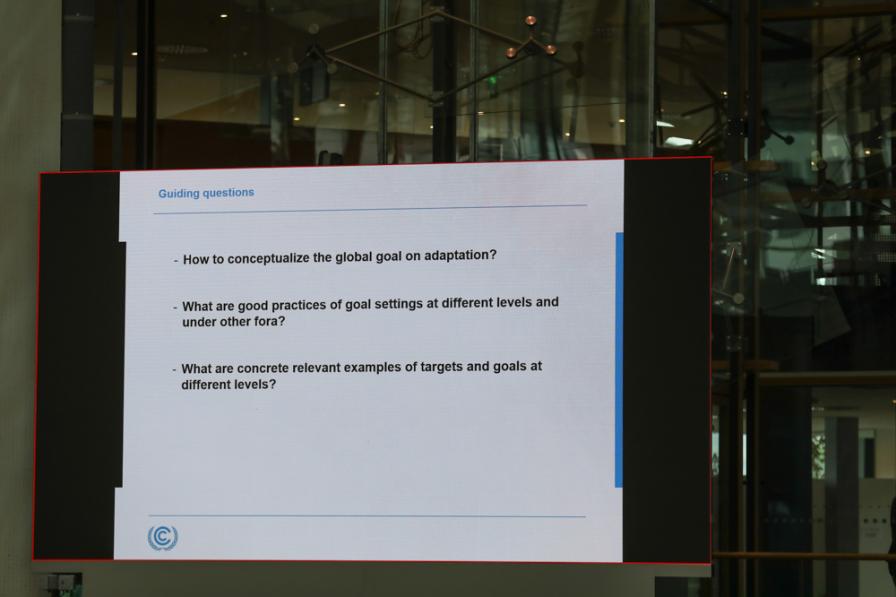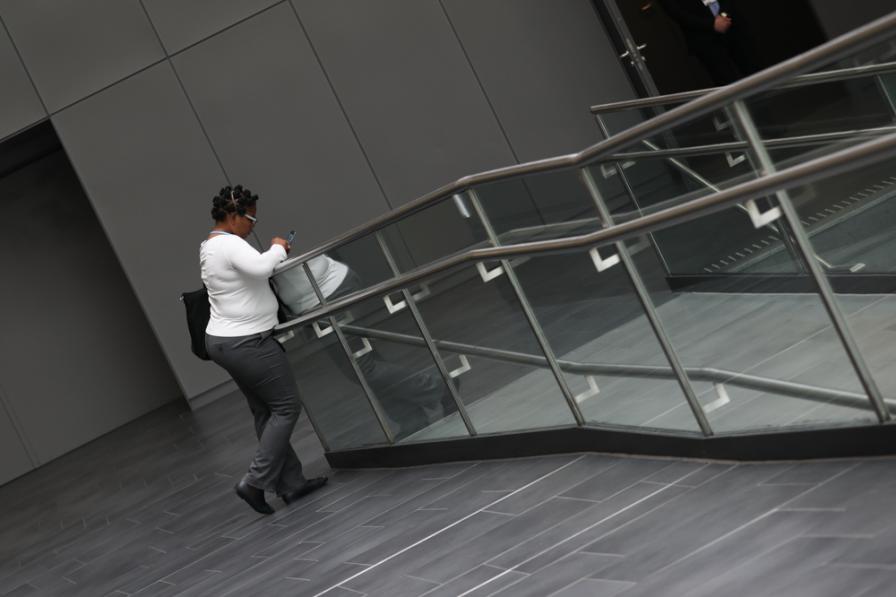How do we adapt collectively when the changes are different for everyone? When do we know we are making progress? This is the challenge of adaptation to climate change—a task that each community and each country must undertake, but also one undertaken most effectively together. The global goal on adaptation, whose workshops continued Thursday morning, is meant to help catalyze and unite efforts, share examples of success, and motivate funding for the most vulnerable. But it also raises hard questions: What does ambitious adaptation look like?
Want to go deeper? Read today's Earth Negotiations Bulletin daily report.
Meanwhile, the first technical dialogue of the Global Stocktake kicked off a five-year review process to assess collective progress. As Patricia Espinosa, UNFCCC Executive Secretary, reflected at the opening event: the Paris Agreement is a “covenant of hope with humanity […] that pledges made are pledges kept,” and the Global Stocktake is the “key to making that happen.” Both governments and civil society see the Stocktake as vital to accountability.
Yet many civil society delegates reminded parties that even the most technical discussions have political undercurrents. They called for stocktake discussions to cleave to the principles of climate justice, the right to a healthy environment, and the rights of Indigenous Peoples, women, and girls—as well as remembering that, without a full phase-out of fossil fuels, adaptation will not be enough.
Elsewhere, the day was devoted to discussions around technology, transparency, and market mechanisms. The more focused tone of most negotiations during the day was a clear sign of the shift toward operationalizing work programmes and processes. Discussions under Article 6, once the problem child of the Paris Agreement Work Programme, are now focused on the "nitty gritty" of how to ensure an overall reduction in global emissions and contributions to adaptation in the most vulnerable developing countries. Transparency delegates are debating how to ensure smooth transition to reporting under the Paris Agreement’s Enhanced Transparency Framework. The Santiago Network on Loss and Damage is taking its first steps towards concrete modalities, such as a potential advisory board.
The transition can be rough for some. “I almost got bored in there,” one delegate confessed with a smile. “But considering how many years we’ve fought for these ideas to become a reality, maybe a little less adrenaline and a bit more focus is a good thing.”
All ENB photos are free to use with attribution. For the Bonn Climate Change Conference 2022, please use: Photo by IISD/ENB | Kiara Worth.
To receive free coverage of global environmental events delivered to your inbox, subscribe to the ENB Update newsletter.
